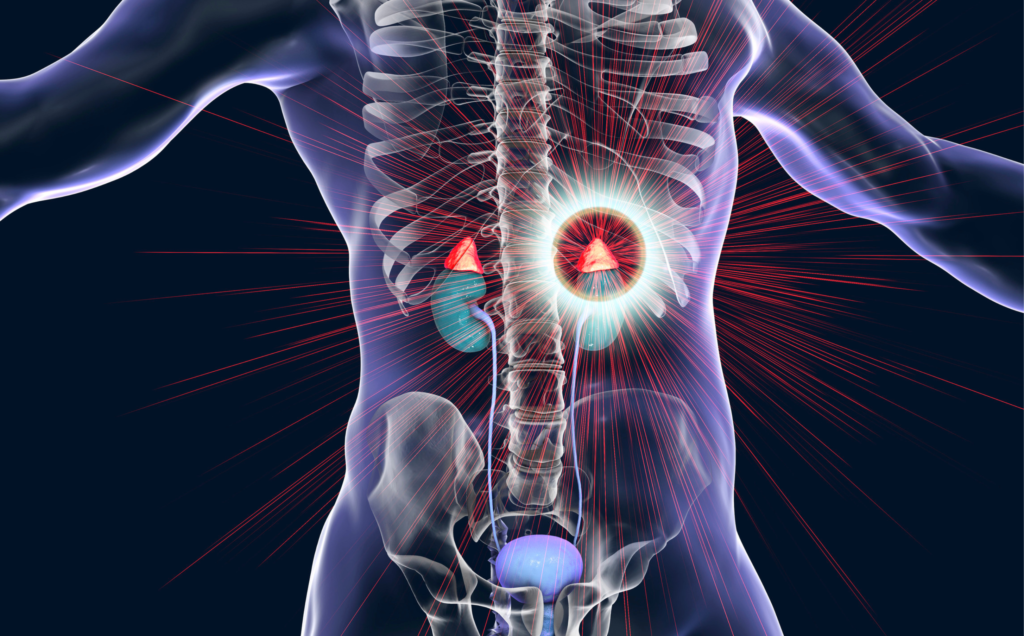Introduction:
Hormonal imbalances and disorders are a significant area of focus in the field of endocrinology. The endocrine system plays a vital role in maintaining the body’s overall balance and regulating various physiological processes. However, when the delicate equilibrium of hormones is disrupted, it can lead to a wide range of health problems and conditions.
Understanding and managing endocrine conditions is a complex task that requires the expertise of an endocrinologist. These medical professionals specialize in diagnosing and treating disorders related to the endocrine system, which includes glands such as the pituitary, thyroid, adrenal, pancreas, and reproductive organs.
This topic of hormonal imbalances and disorders encompasses a diverse range of conditions, including but not limited to:
- Diabetes: One of the most prevalent endocrine disorders, diabetes affects millions of people worldwide. It occurs when the body cannot properly regulate blood sugar levels due to insufficient insulin production or an inability to effectively use insulin.
- Thyroid Disorders: The thyroid gland, located in the neck, produces hormones that regulate metabolism and energy levels. Disorders like hypothyroidism (underactive thyroid) and hyperthyroidism (overactive thyroid) can lead to a variety of symptoms and complications.
- Reproductive Hormone Imbalances: Disorders affecting reproductive hormones can disrupt fertility, menstrual cycles, and sexual function. Conditions such as polycystic ovary syndrome (PCOS) and endometriosis fall under this category.
- Adrenal Disorders: The adrenal glands produce hormones that regulate stress response, blood pressure, and metabolism. Disorders such as Addison’s disease and Cushing’s syndrome can arise from adrenal hormone imbalances.
In this comprehensive exploration of hormonal imbalances and disorders, we will delve into the causes, symptoms, diagnostic methods, and treatment options for various endocrine conditions. We will discuss the latest advancements in medical research, innovative therapies, and lifestyle strategies to effectively manage these conditions and improve overall well-being.
By gaining a deeper understanding of hormonal imbalances and disorders, patients, caregivers, and medical professionals can work together to develop personalized treatment plans and promote optimal health outcomes. It is through this collective effort that we can strive towards a better quality of life for individuals affected by endocrine conditions.

